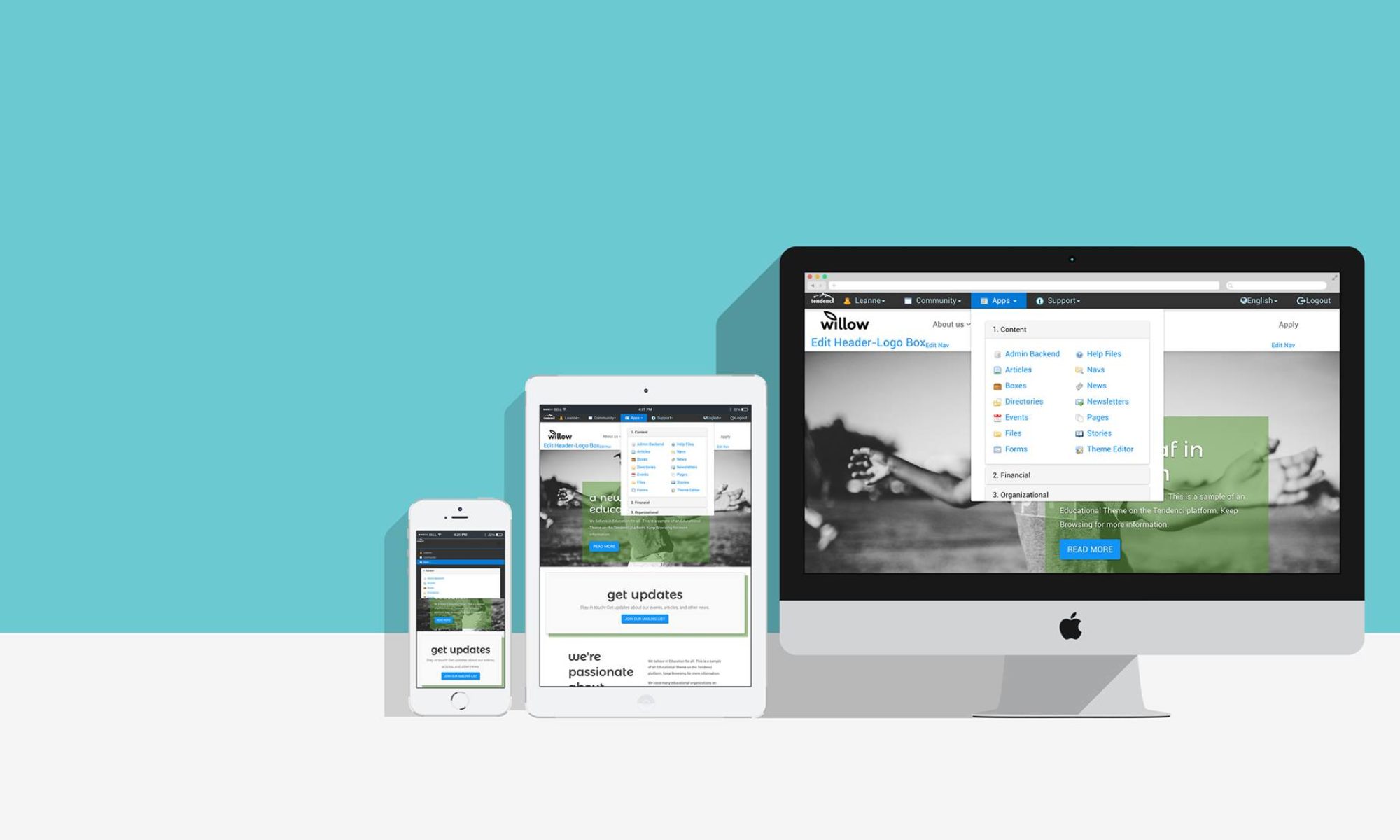
Are you streamlining your personal connections?
Do you consciously share some things on Twitter that you don’t share on Facebook? Do you select the people who’ll see certain things you post on Facebook? Then the answer to the question is ‘yes.’
Count yourself among the many social media users who actively limit the information they post on social networks to just a few personal connections. Fortunately, the push for more human-centered design features has lead sites like Facebook to heed your quiet demands by adapting to your behavior.
How social networks are responding to your behavior
First it was Facebook who noticed that while you’re happy to have a ton of “friends,” you don’t necessarily want to share the news of t your recent cosmetic surgery with all of them. Enter Facebook Groups, a feature on the site that lets users share certain content with select friends.
The New York Times reports that last month about 50 million groups were created on Facebook, and each group typically had about eight members. Which brings to mind the TV show Friends. Humans are social creatures, but our day-to-day interaction happens consistently with a small number of people — eight seems about right.
Who else is paying attention to your affinity for small groups?
If you’ve ever BBM’d, Ping’d, or KIK’d one of your friends, then you know who’s paying attention.
BBM (BlackBerry Messenger) is a mobile instant messaging system by Research in Motion, or RIM, the makers of the Blackberry Software.
Kik Messenger is a similar to BBM, but it works on all smartphones. (Except BlackBerry who won’t play nicely and insists on keeping Blackberry users strictly on BBM.)
Finally, Ping is Apple’s social network that allows users of iTunes to share their music interests. Unfortunately for Apple, the noisiest complaint about Ping is that it doesn’t integrate with Facebook. Neither do the previous tools, but it doesn’t seem BBM and KIK users expect a Facebook integration.
Small group tools that integrate with other social media platforms
The whole point of streamlining is taking all of something and slimming into one functional thing. So here a few highlighted in the NYT article that “mimic offline social relationships”:
Path – iPhone app that lets you share your life with 50 people or fewer.
Shizzlr – iPhone and Android app that shows what’s going on and lets users discuss plans with up to 20 friends.
Planely – Does one thing: Tells you who else is on your flight AND on Planely. You can connect with it through Facebook and the rest falls into place.
Gowalla – Location-based social network. Shared updates through Facebook and Twitter are optional. You can have as many or as few friends to trade objects, leave tips and share photos. (Foursquare, too. But Gowalla is cuter.)
